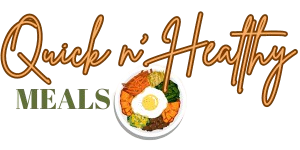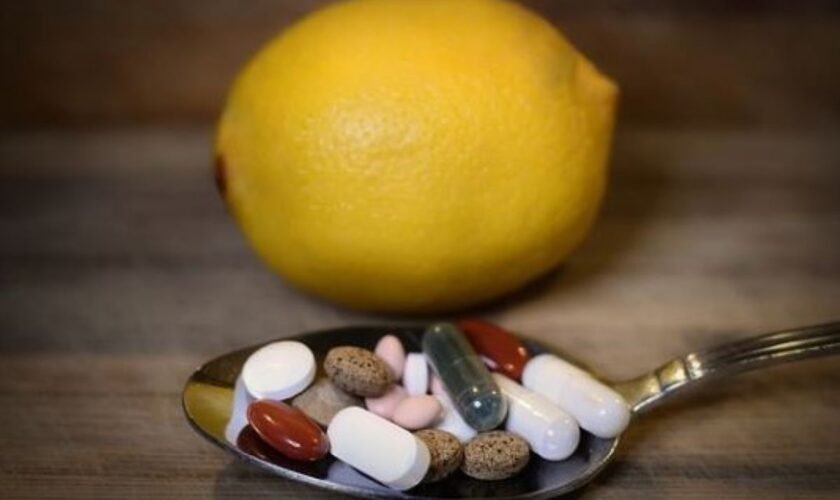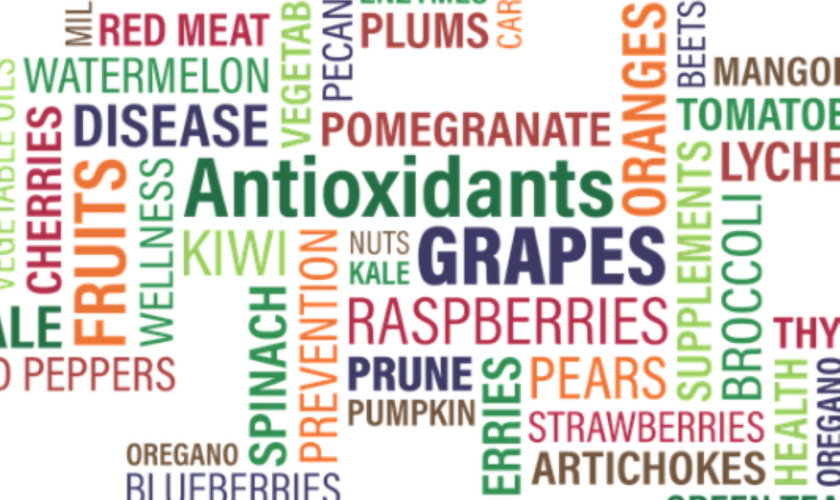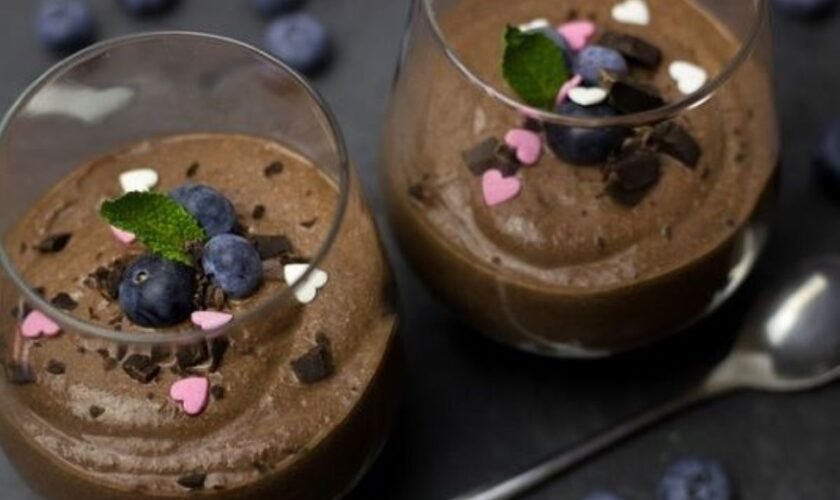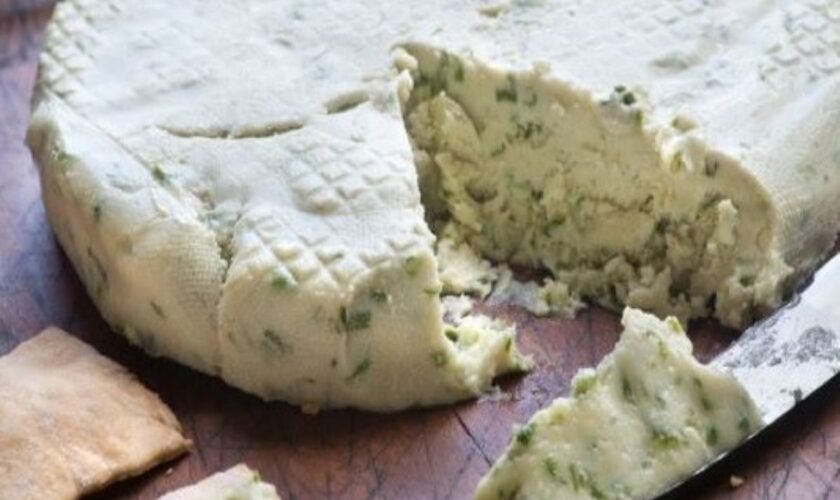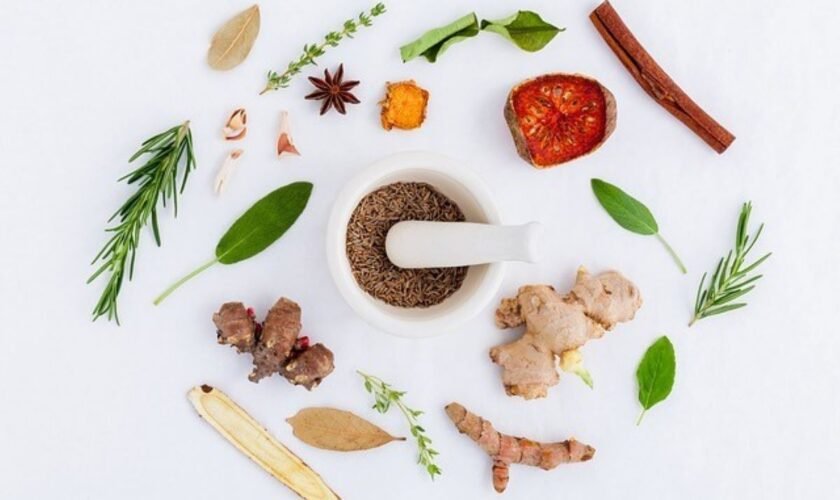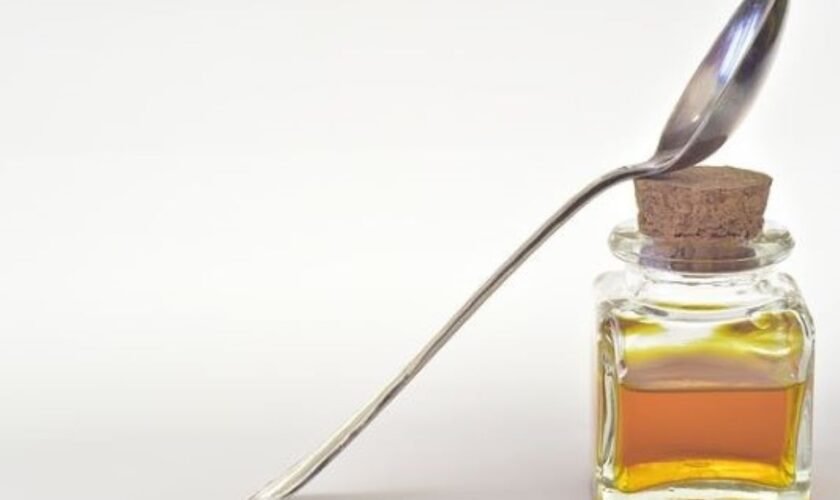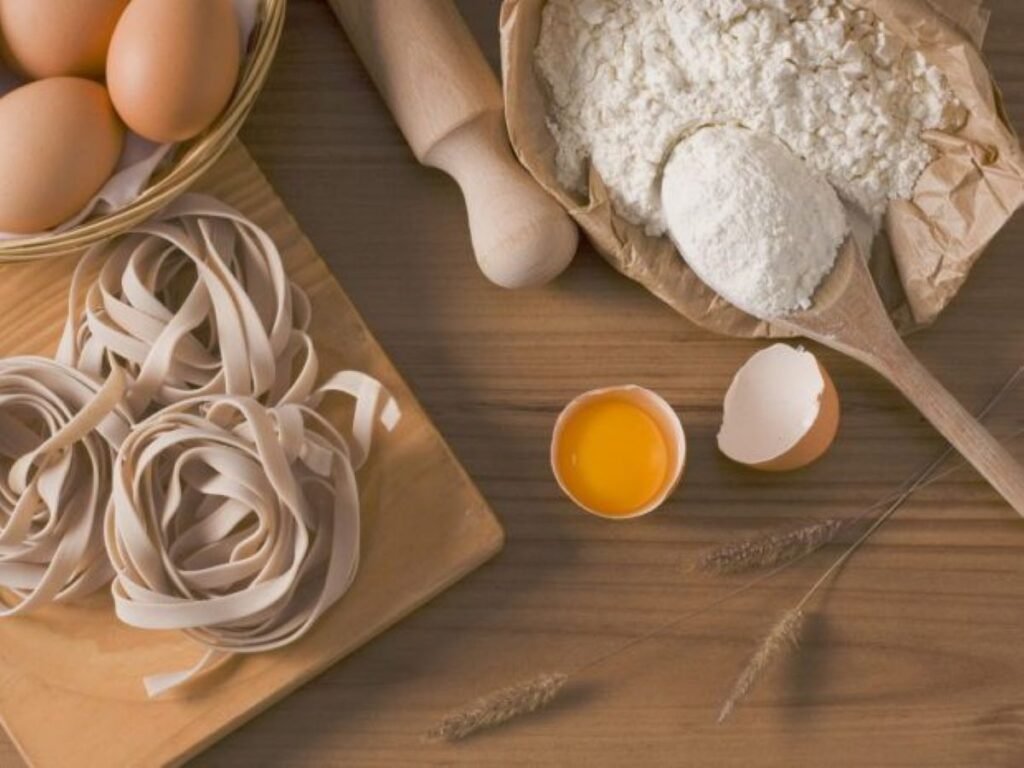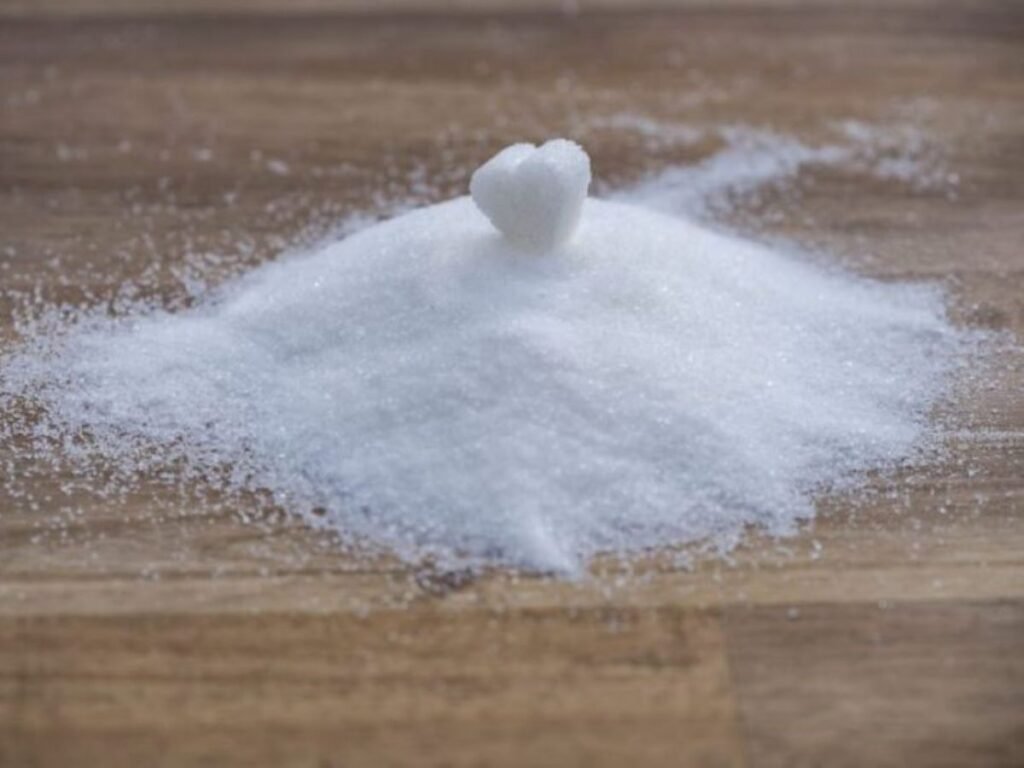Author: Dawn
In this day and age, most things are about efficiency and speed and this goes doubly so when it comes to taking health supplements. Think about it, natural health supplements can greatly simplify life […]
We hear a lot these days about antioxidants and how they are important for our health and well-being. We even get recommendations on what foods we can eat or which supplements we can use to […]
A version of this article originally appeared on MadeByHemp.com It’s time again for another recipe post and of course, it will involve chocolate! My friends over at MadeByHemp forwarded this great, healthy chocolate pudding made with […]
I’m on Quora a lot because I find it to be a great platform to learn about all manner of subjects and hear from people all over the world. I get a lot of […]
A version of this article originally appeared on HVMN The ketogenic diet and intermittent fasting have more in common than you may believe. When combining the two practices, they may be able to synergistically work […]
A version of this article originally appeared on MadeByHemp.com It’s time again for another post from my friends over at MadeByHemp. Today we are answering a question I hear from people who are curious about […]
